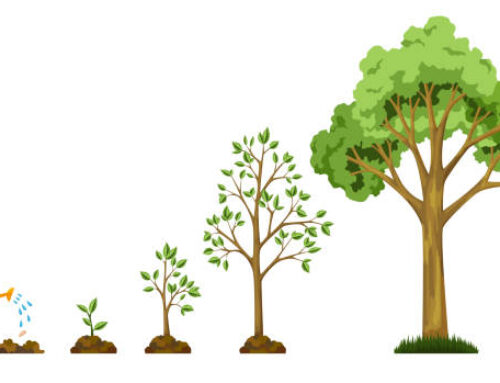The Problem with Experience
Shawnee Love •
August 31, 2017
It is often assumed that more experience is better because the longer you have done something, the better you get.
That is true as it relates to many types of knowledge and intelligences; however, I have seen a few situations where this assumption is False with a capital F. More experience isn’t better when a person:
- Stops learning. Valuing experience presumes that people continue to learn. But I have known people (and I bet you have too) who seem to have decided there is nothing more to learn. They are the “Can’t teach an old dog new tricks” people and sometimes their knowledge and capability peaked many years ago.

- Becomes overconfident. When I tried skydiving, the instructor told me that it is rare for a new diver to fall to their death. It happens more often to the guy with 10,000 dives! That sounds counterintuitive, and it caused me to look for more information on what happens to make an experienced person more likely to crash, err, or fail than someone new?
- Are newbies more cautious? Do they use more protection?
- Do experienced people push the envelope, take more risks, get comfortable with more danger?
- The answer is Yes to all of the above.
- Gets in a rut. I call out this third example because the individual who is in a rut is simply seeing what he or she is believing. This is the person who has done something many times before and had it work each time and thus doesn’t notice what’s different the next time around. This is actually the curse of best practices. Just because they are tested and respected, doesn’t mean they will work in every situation. Each new situation may have a nuance that is unique which warrants a different approach, but you have to hunt for it to have any hope of finding it.
As with any strength, experience if overvalued and over-relied upon can become a weakness. As leaders, you can mitigate the experience weakness in yourself and your team by:
- Challenging the status quo,
- Remaining humble, and
- Being constantly aware of how much there is to learn.





